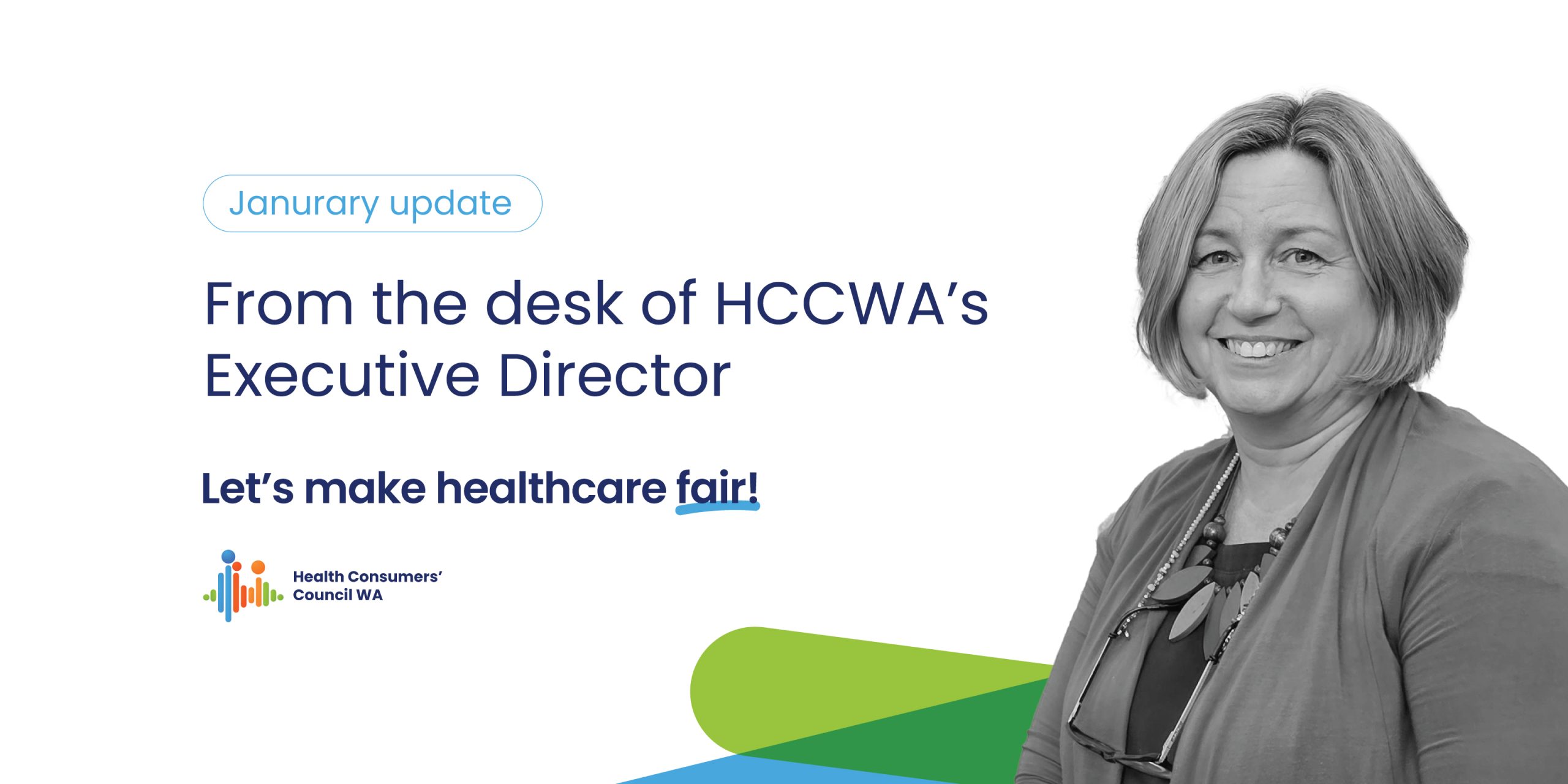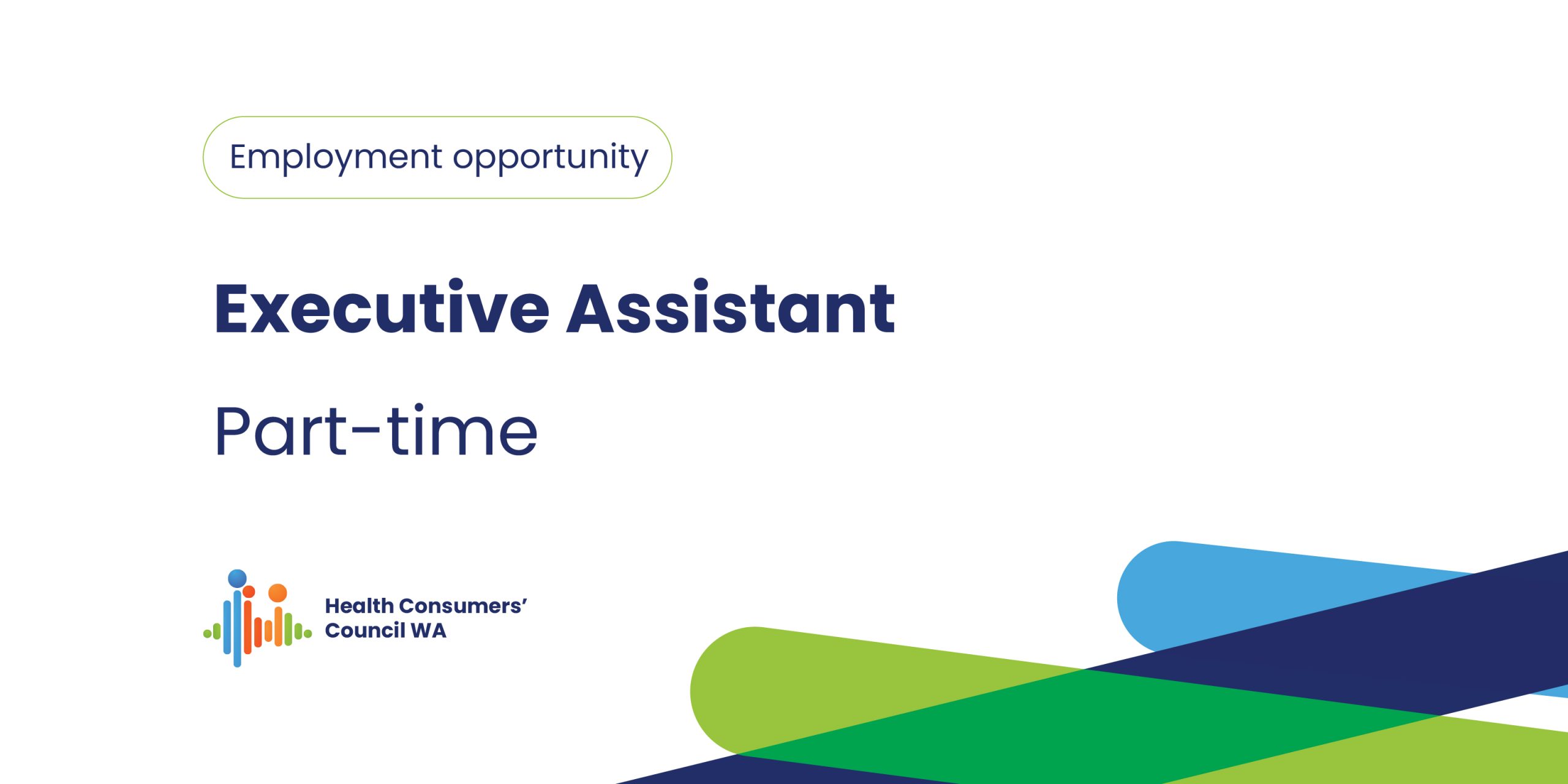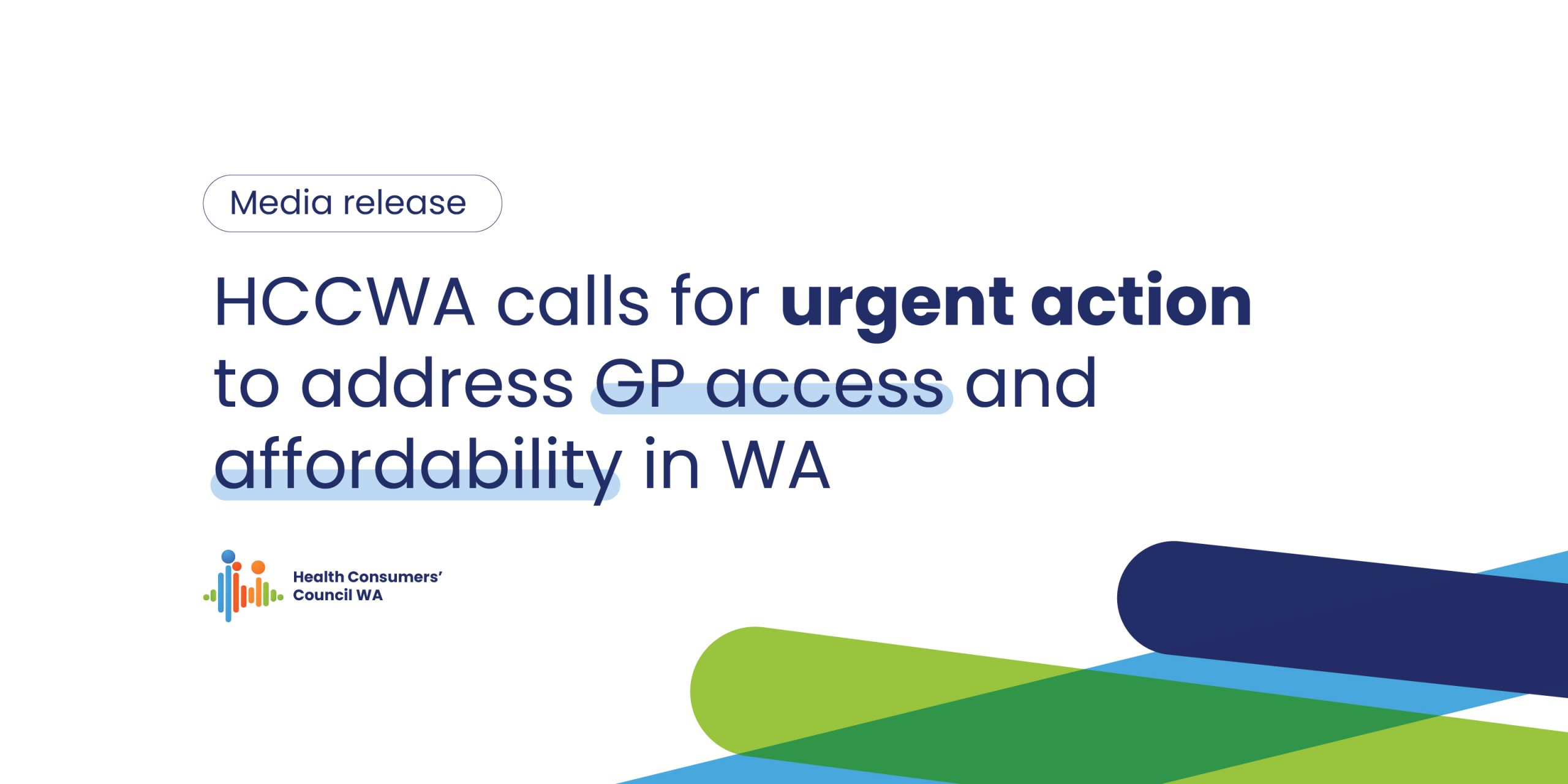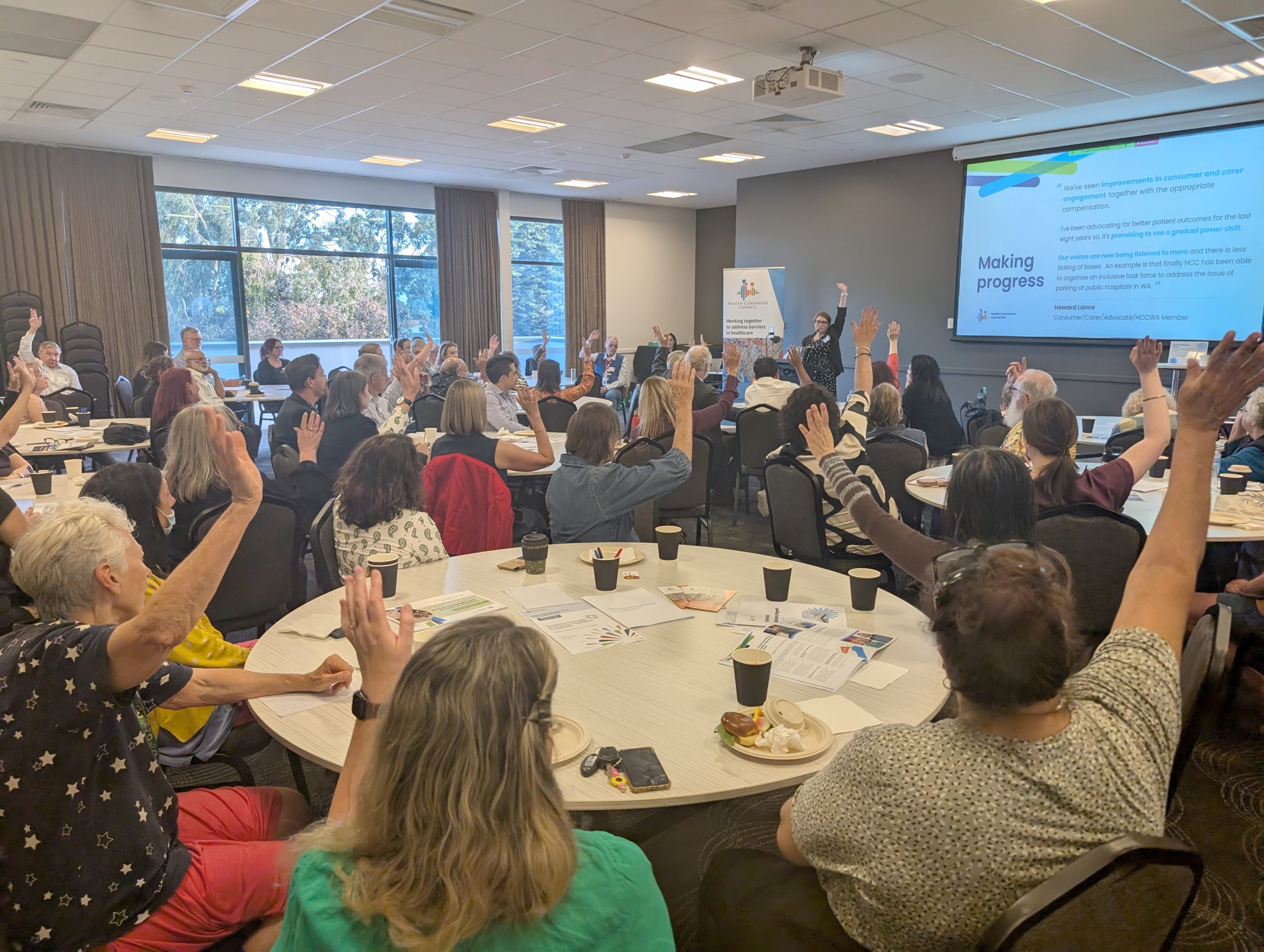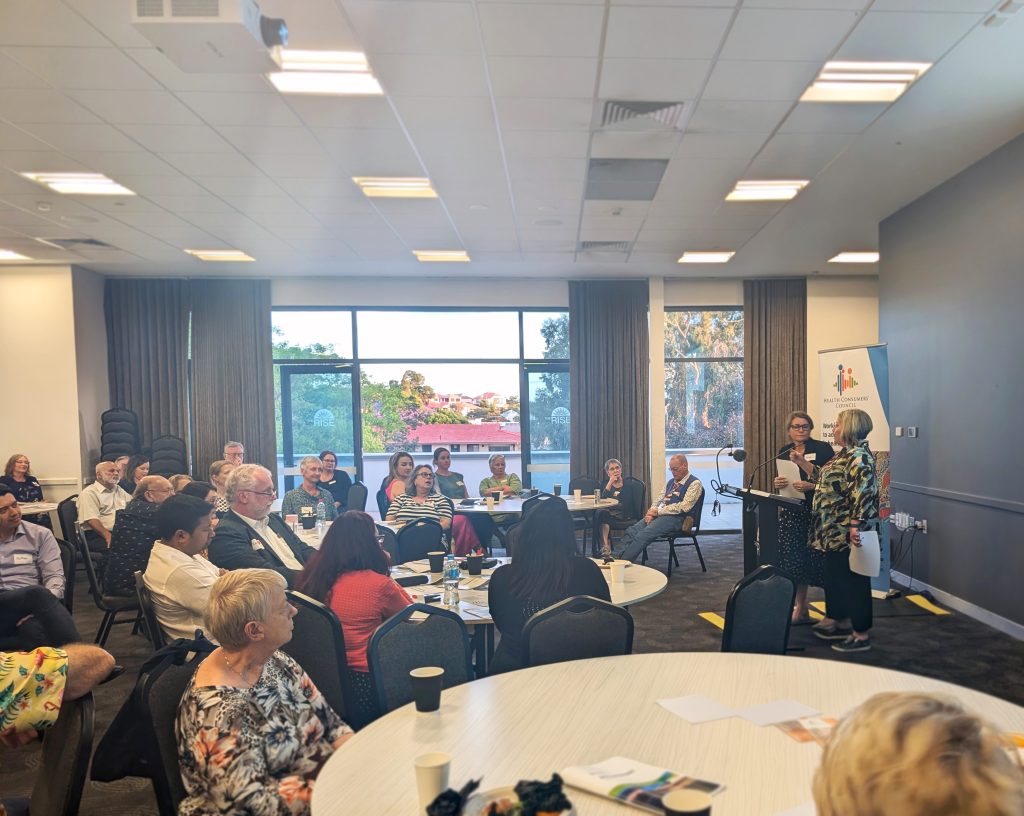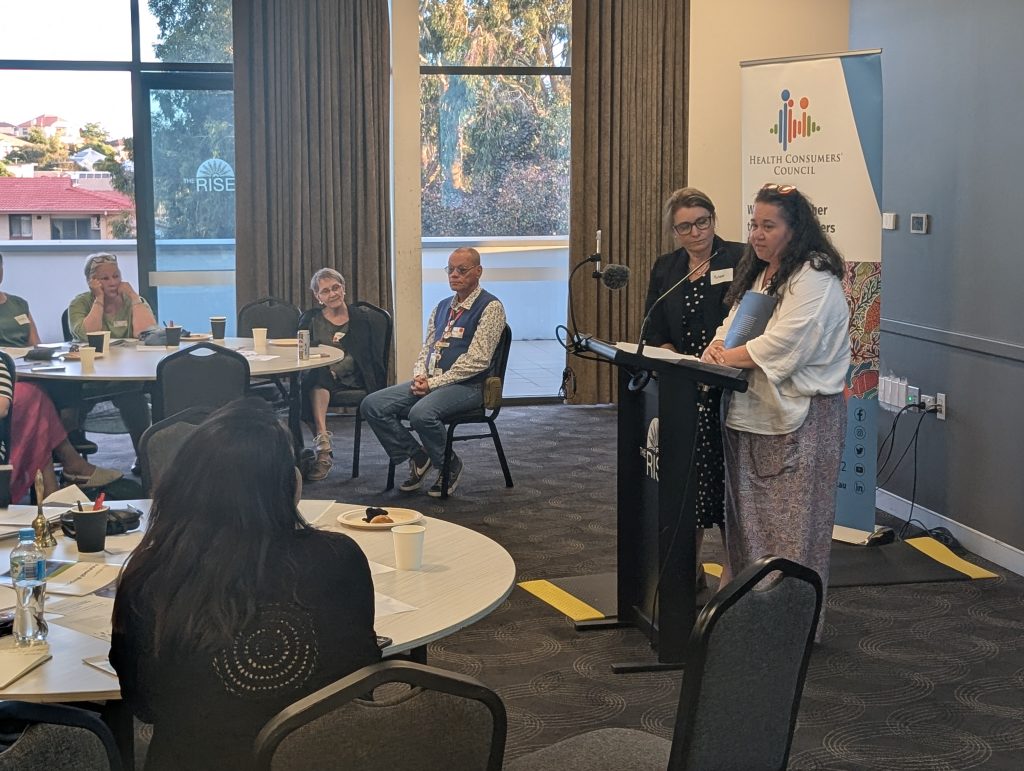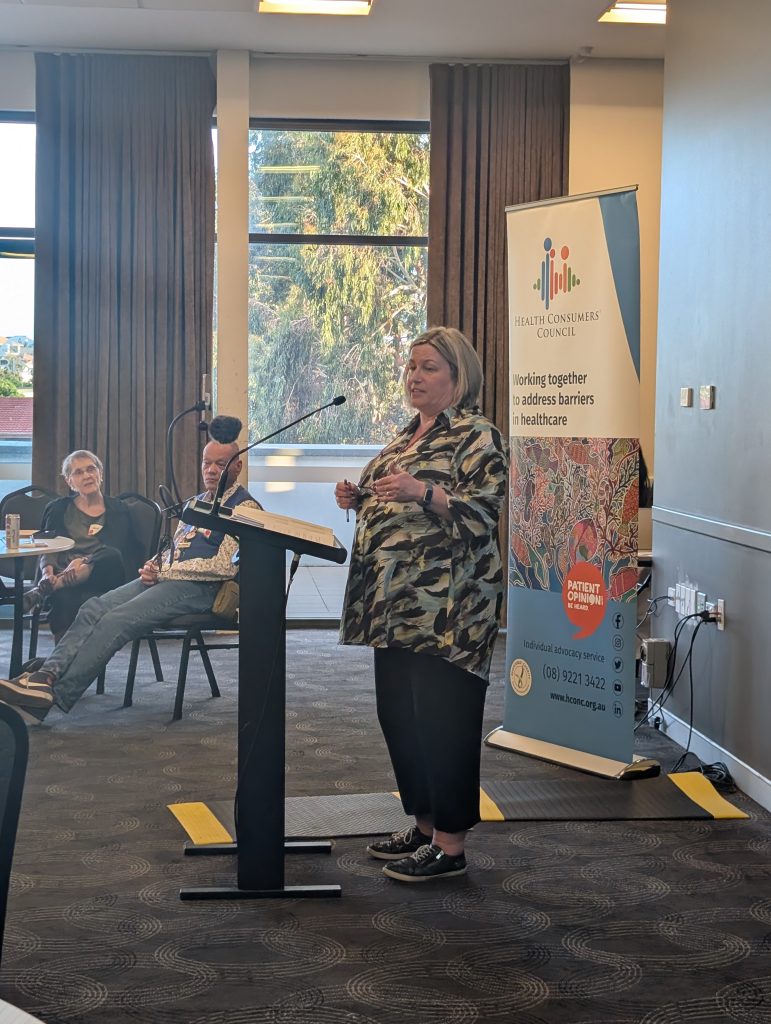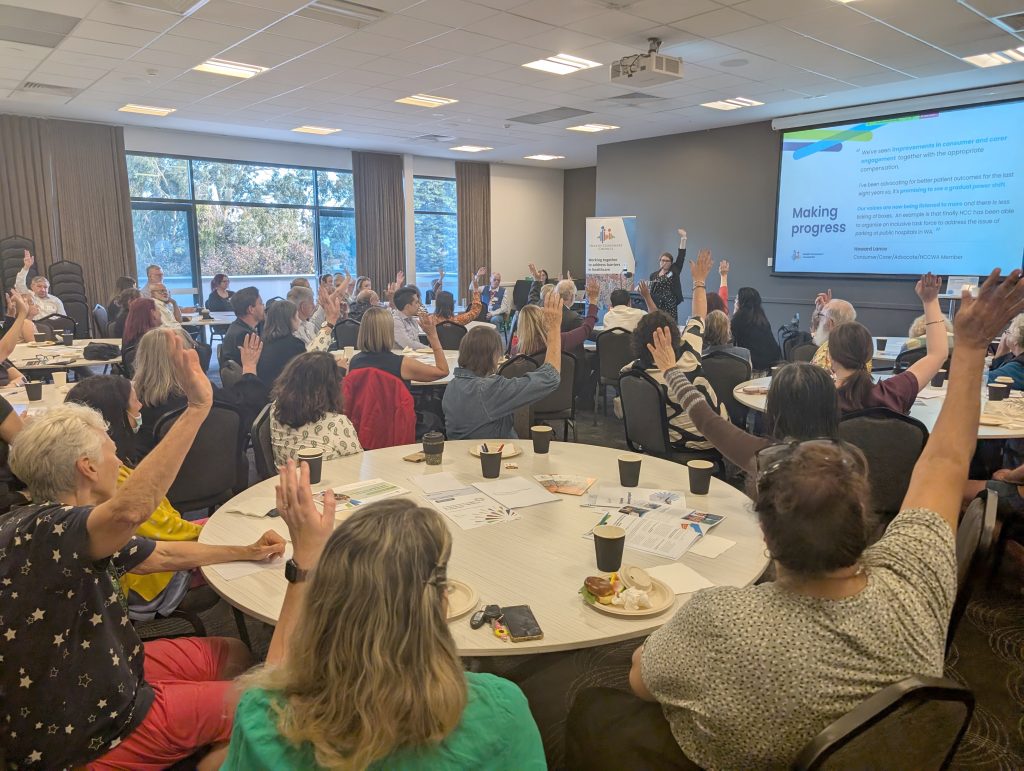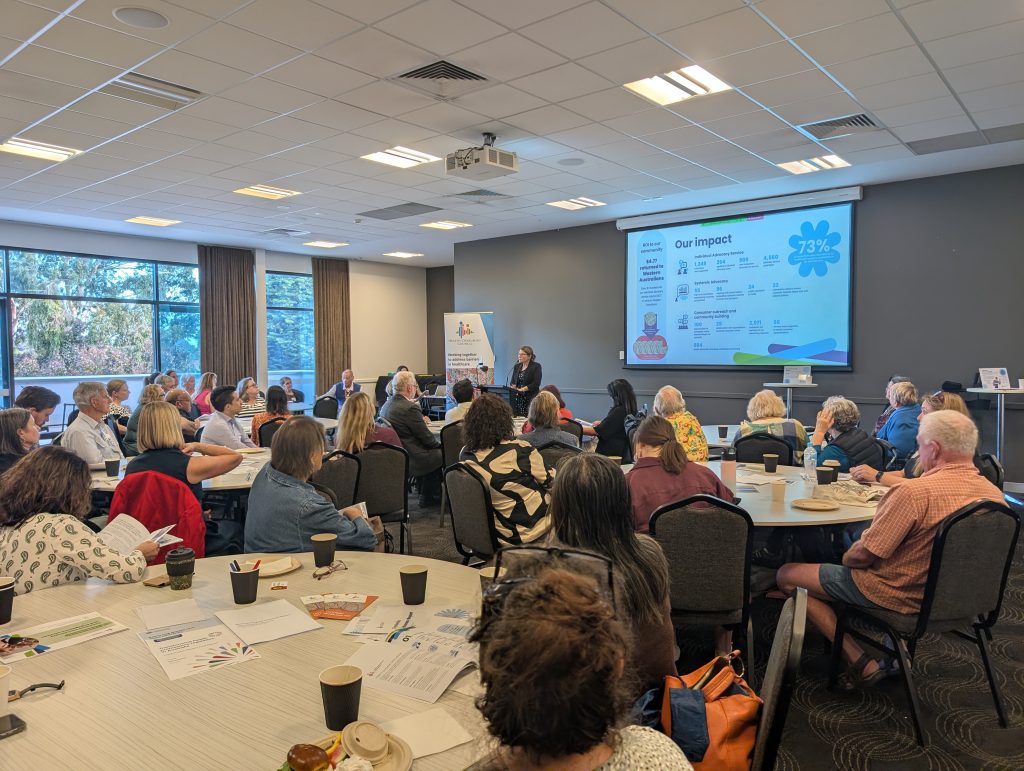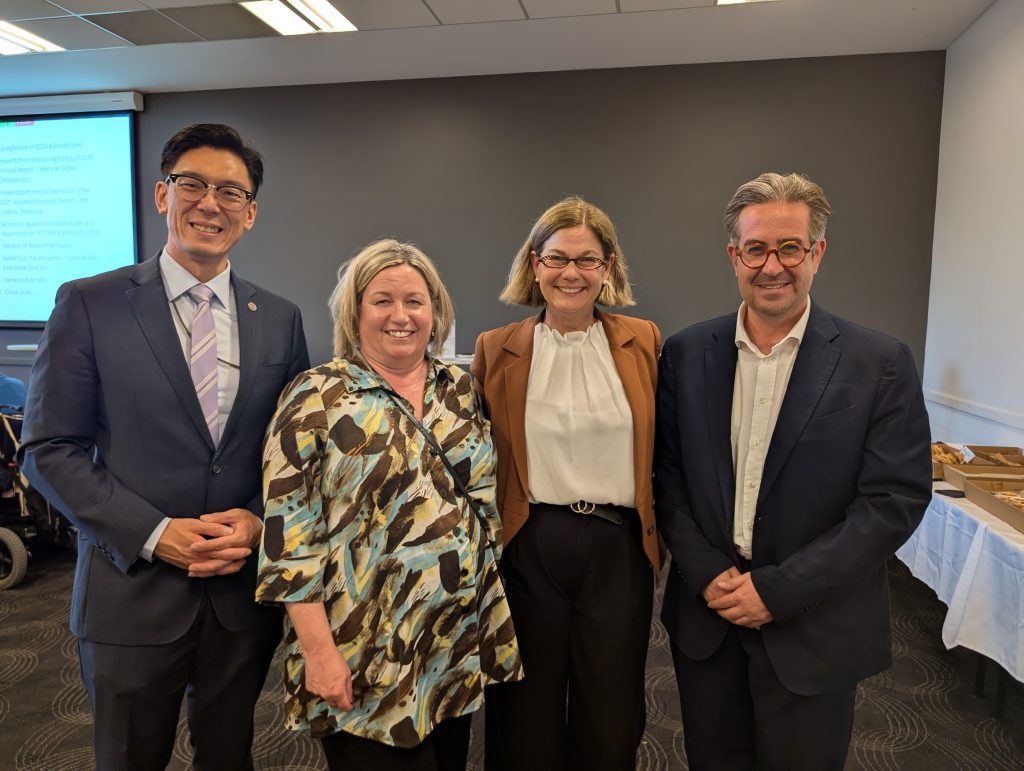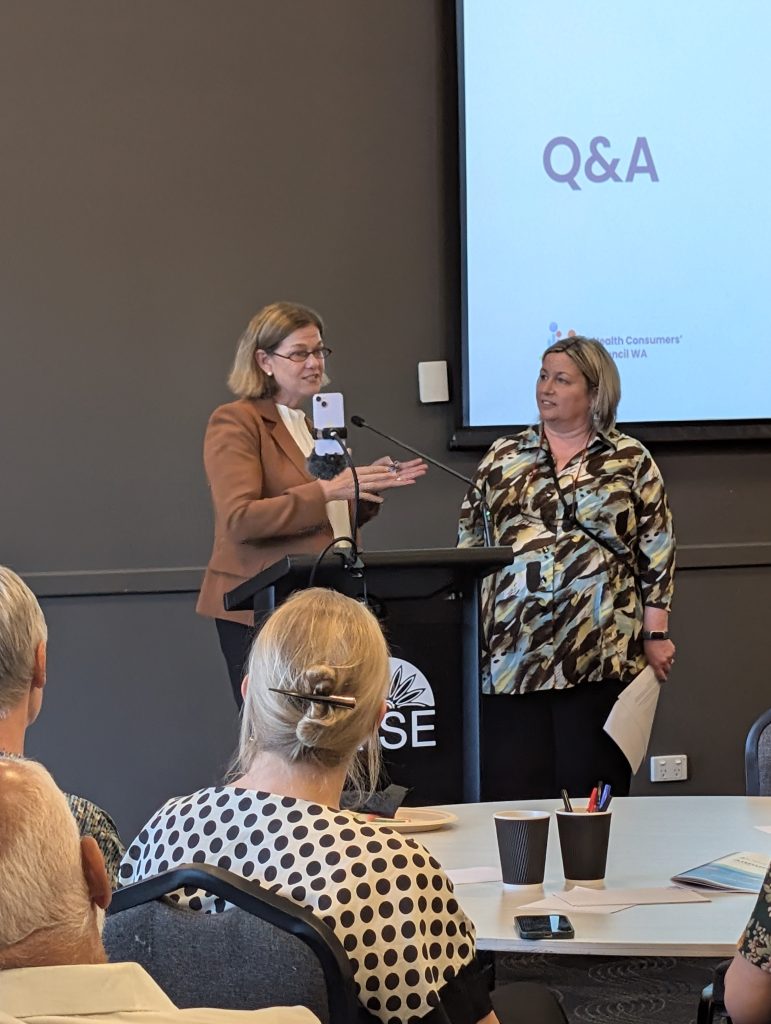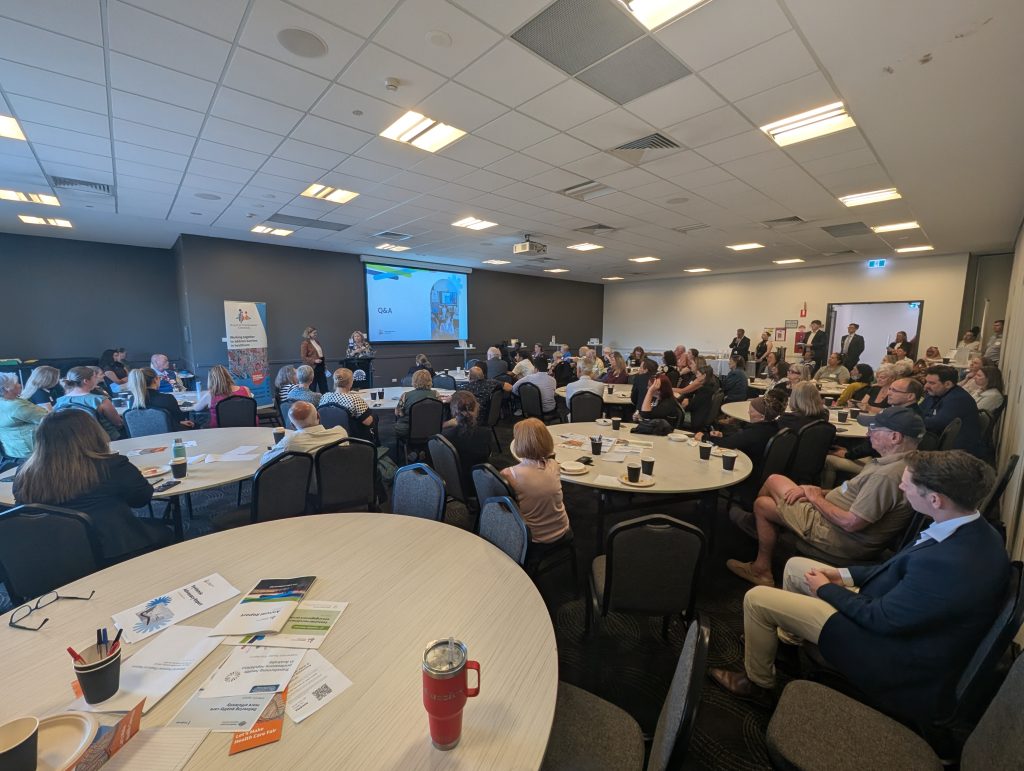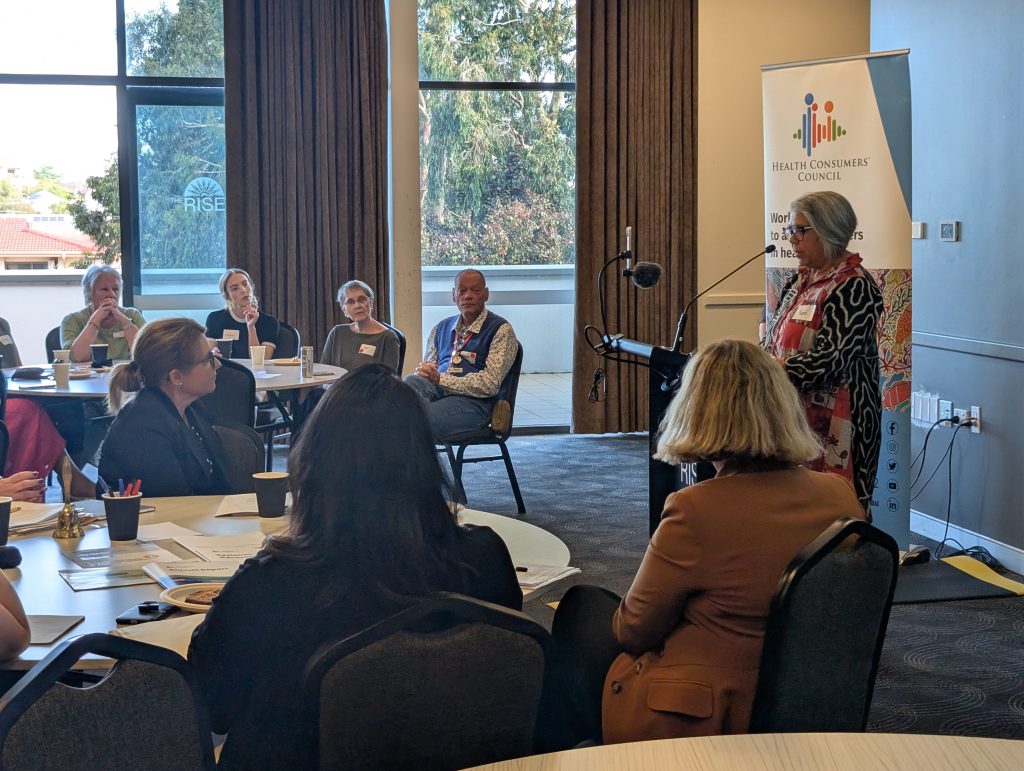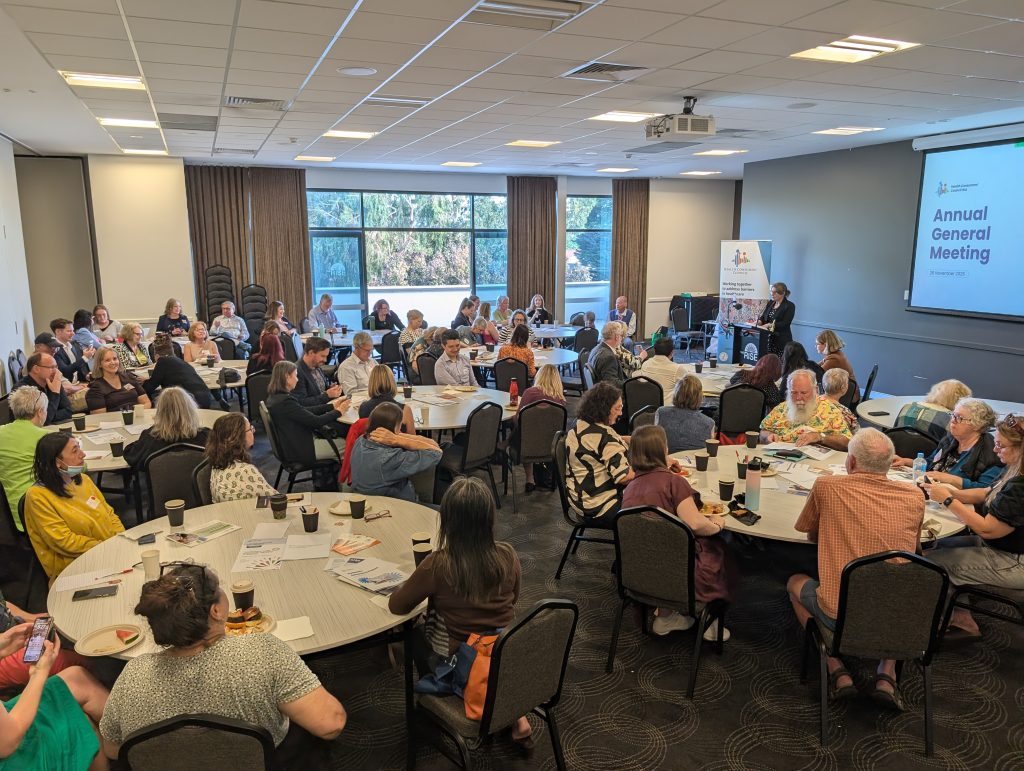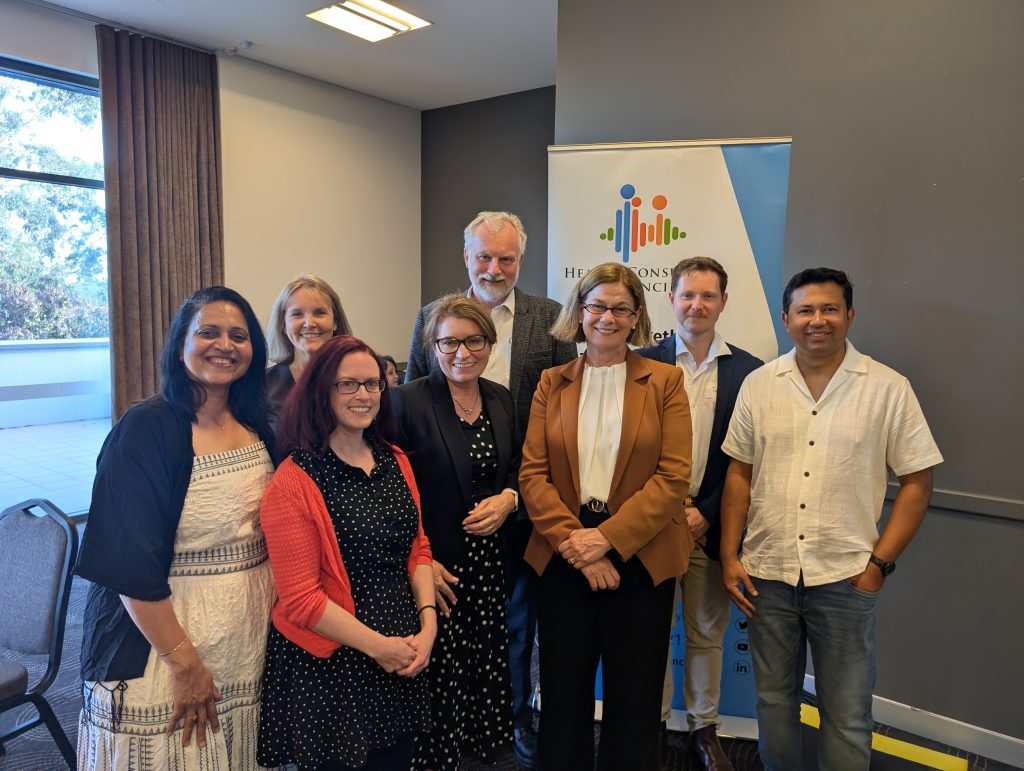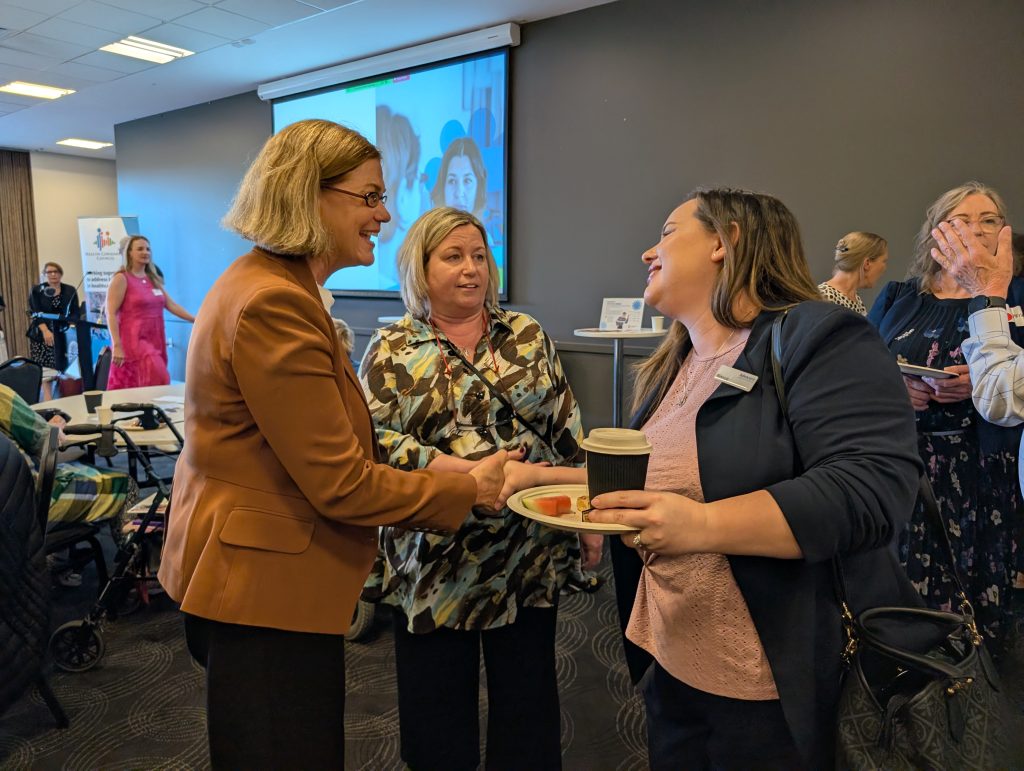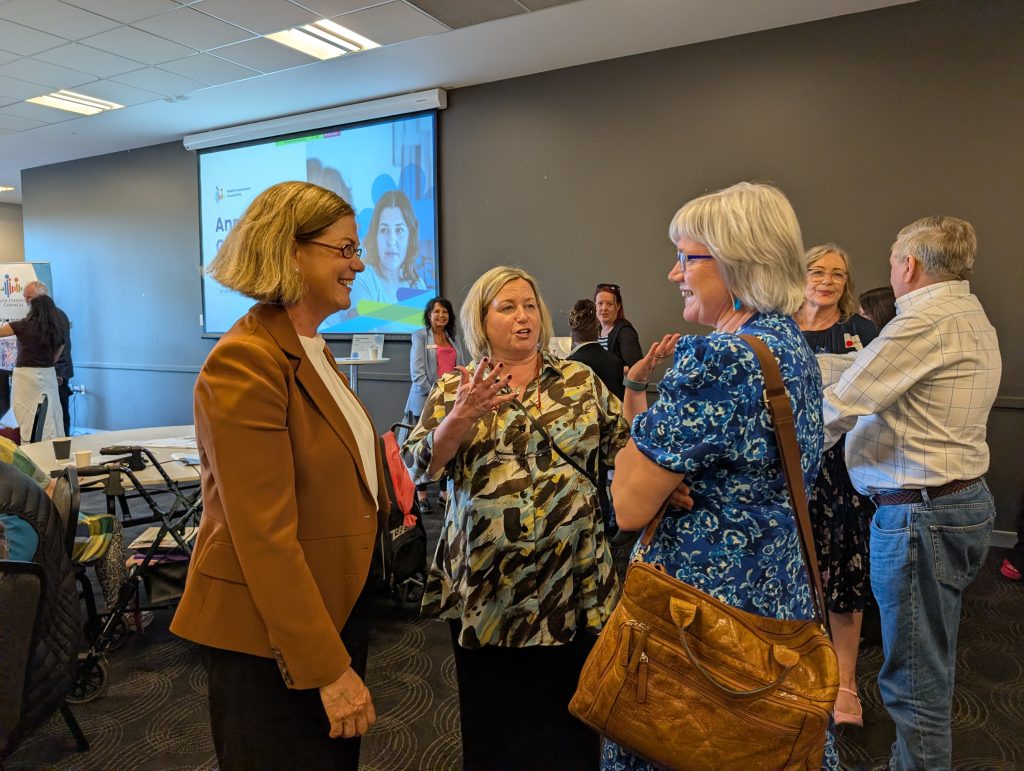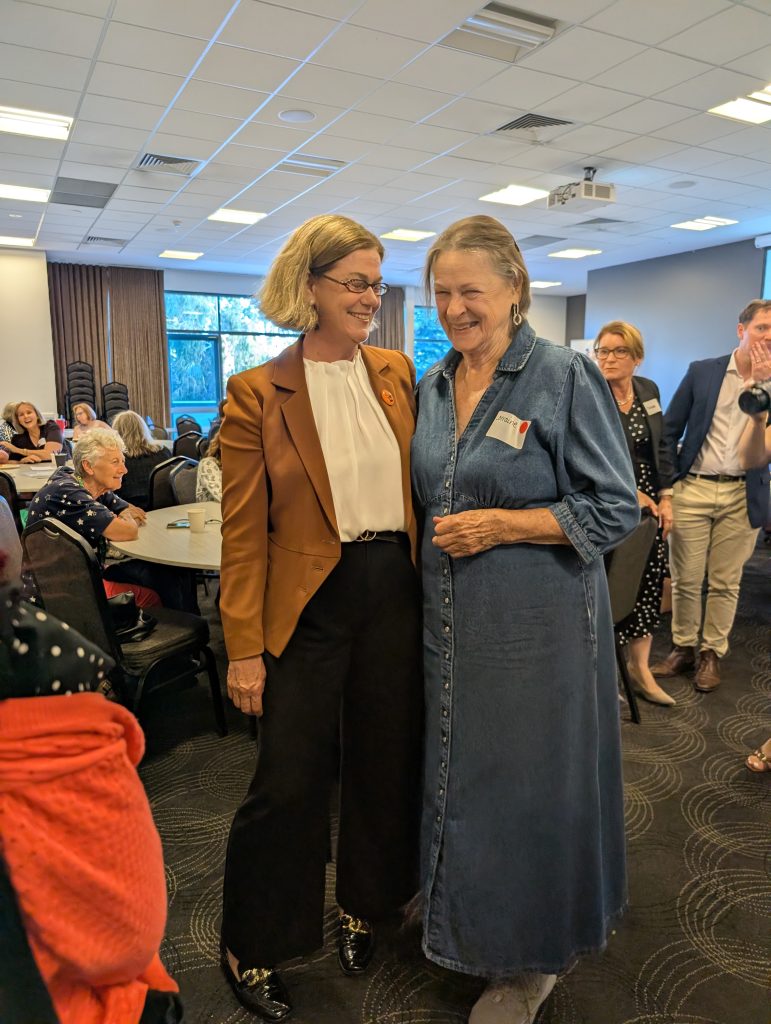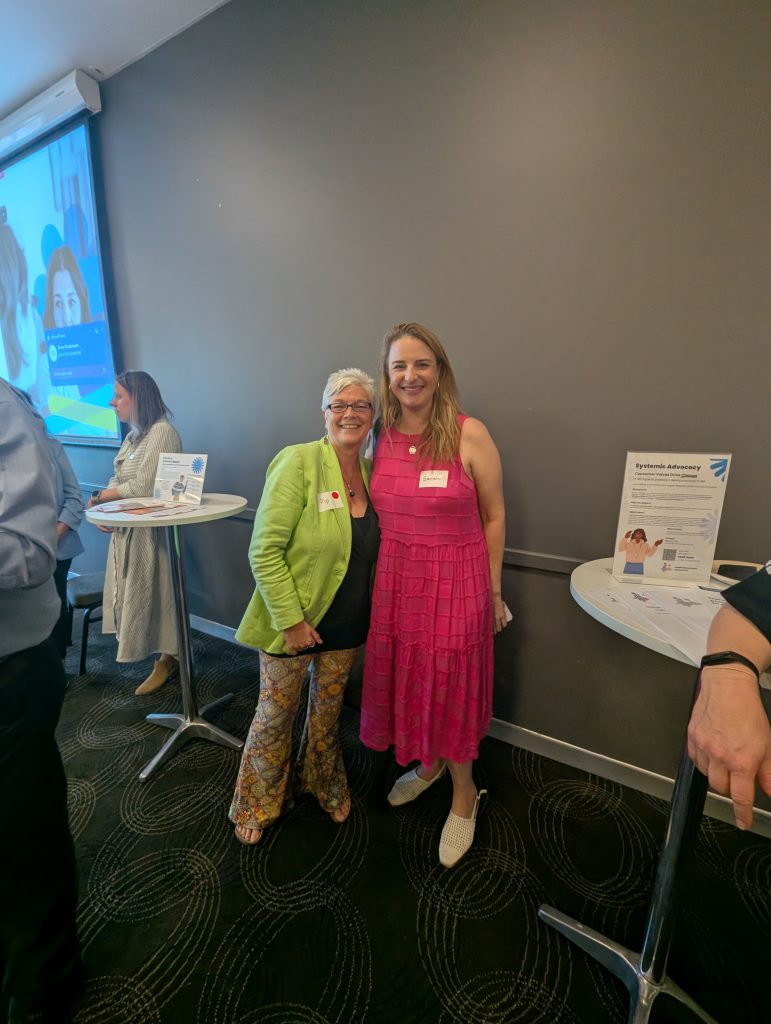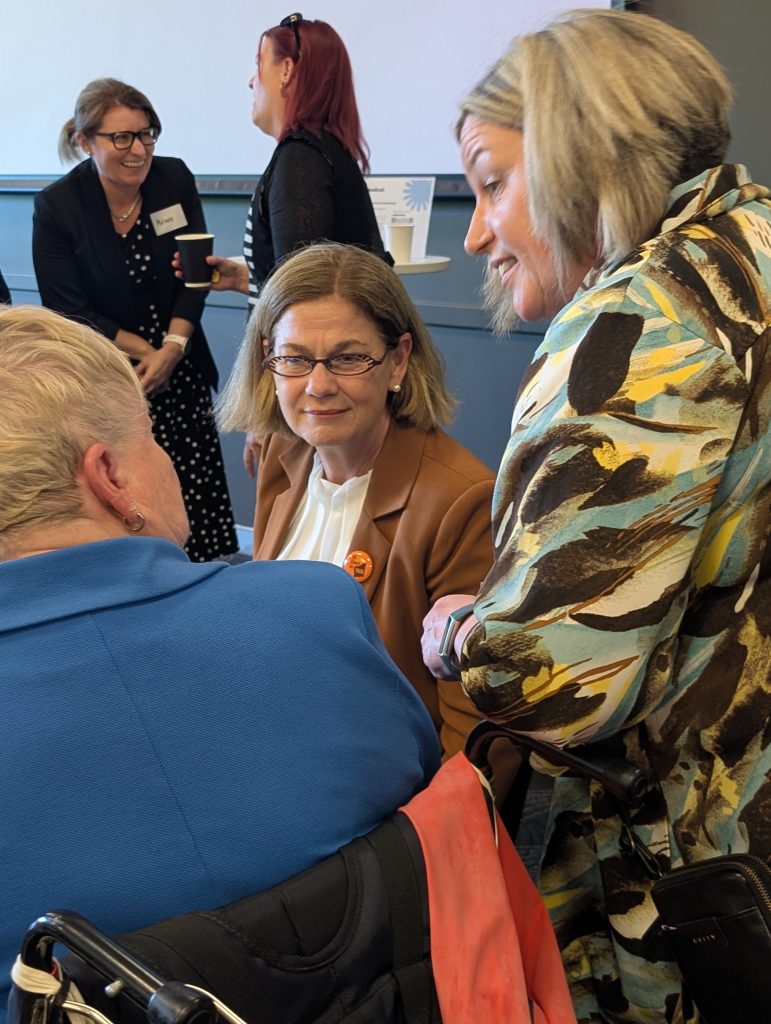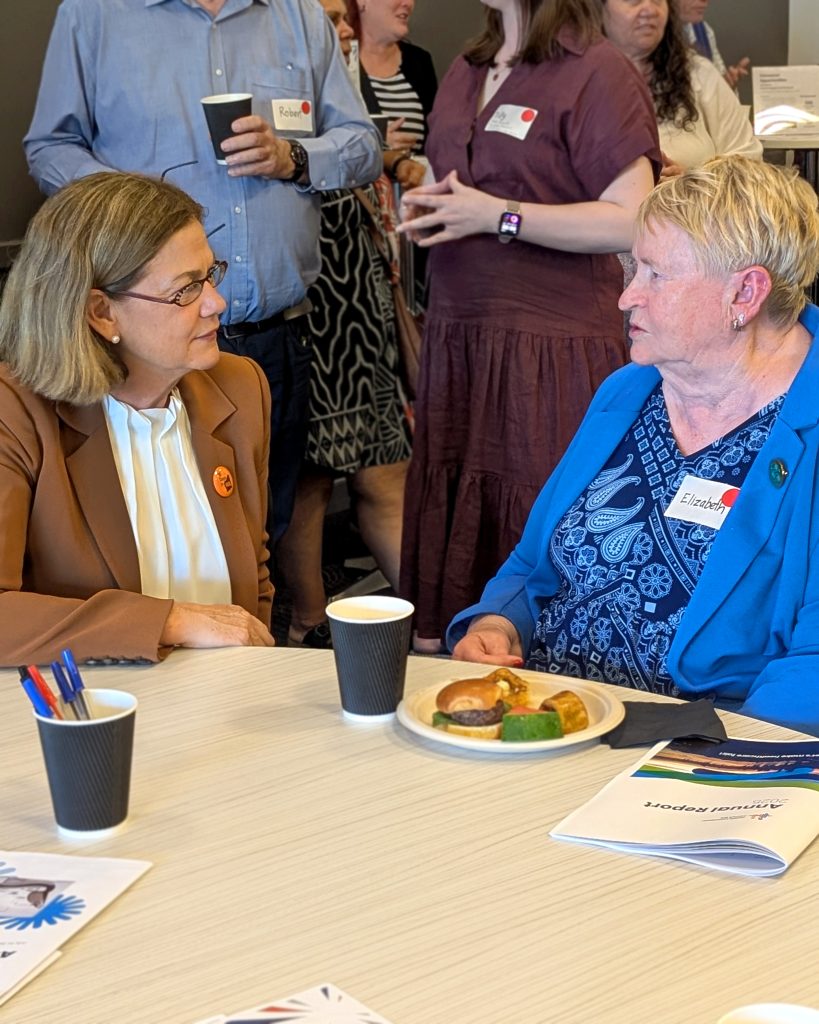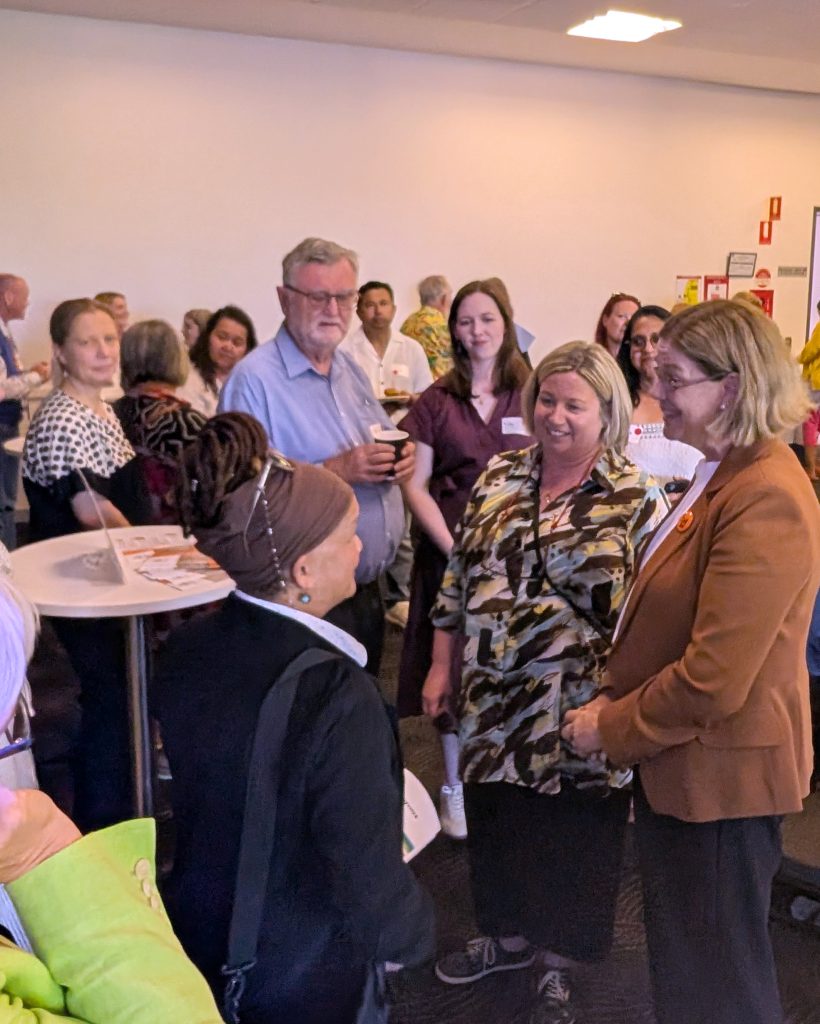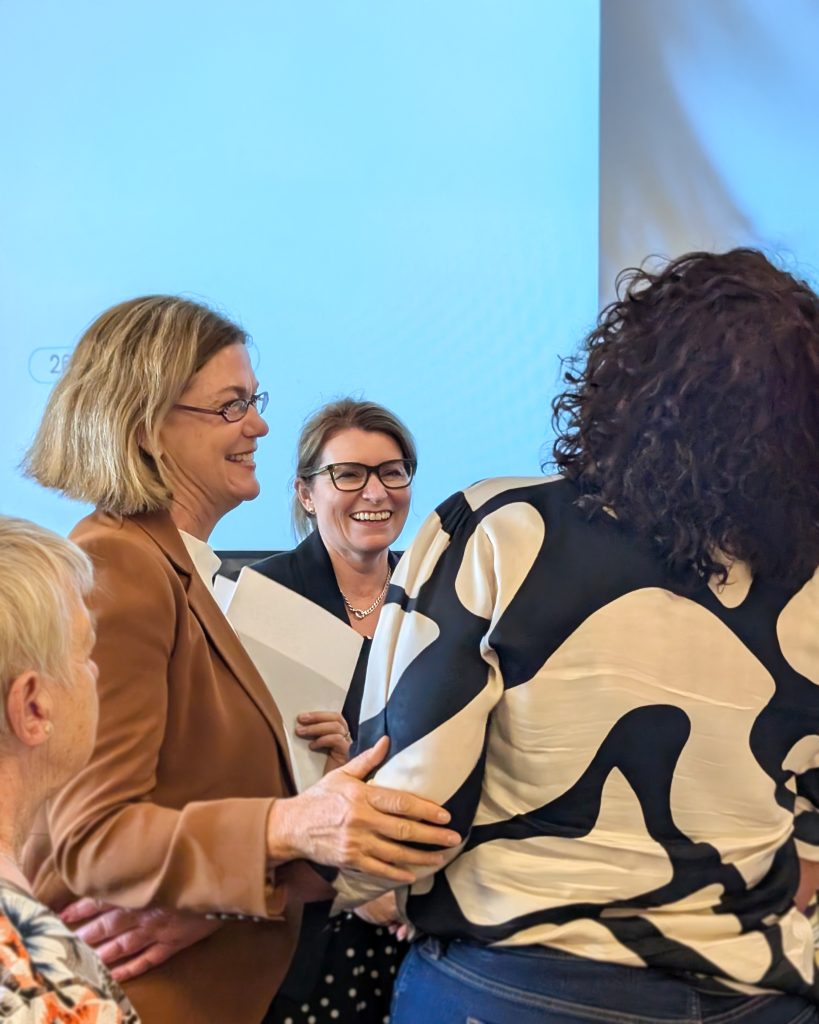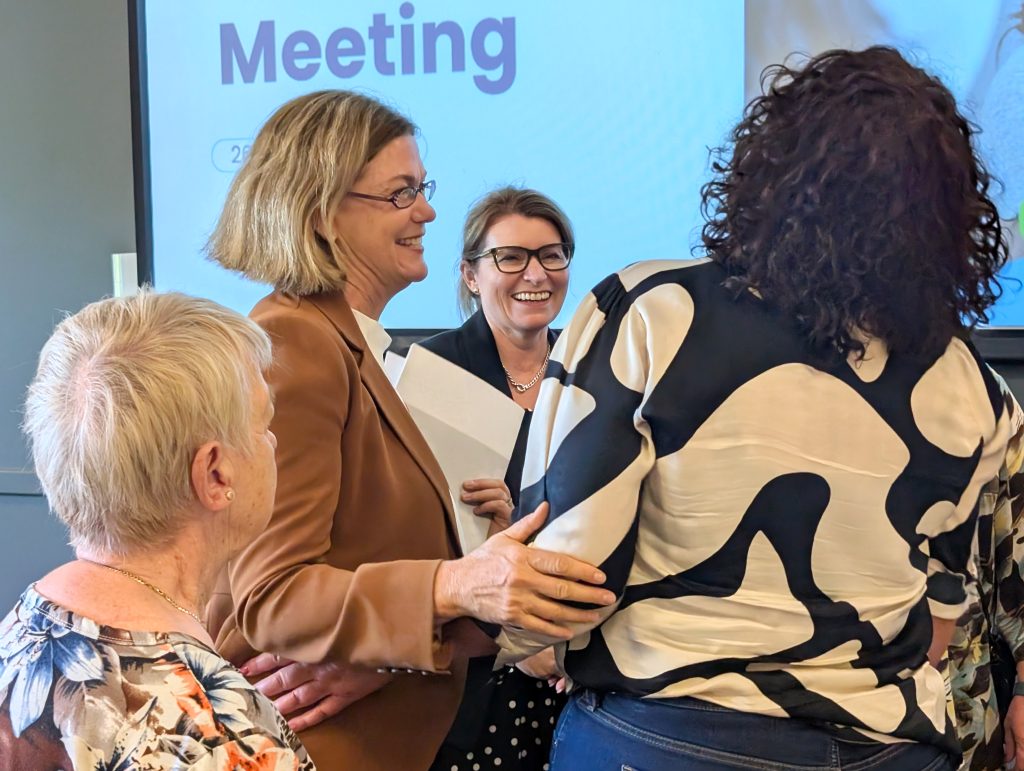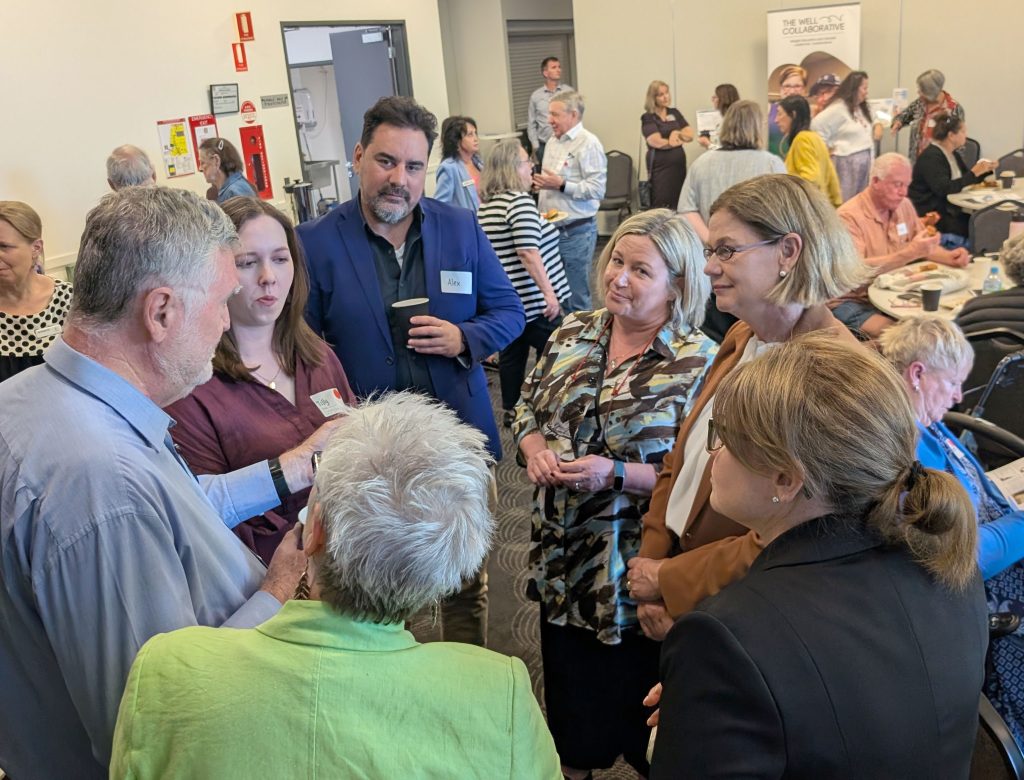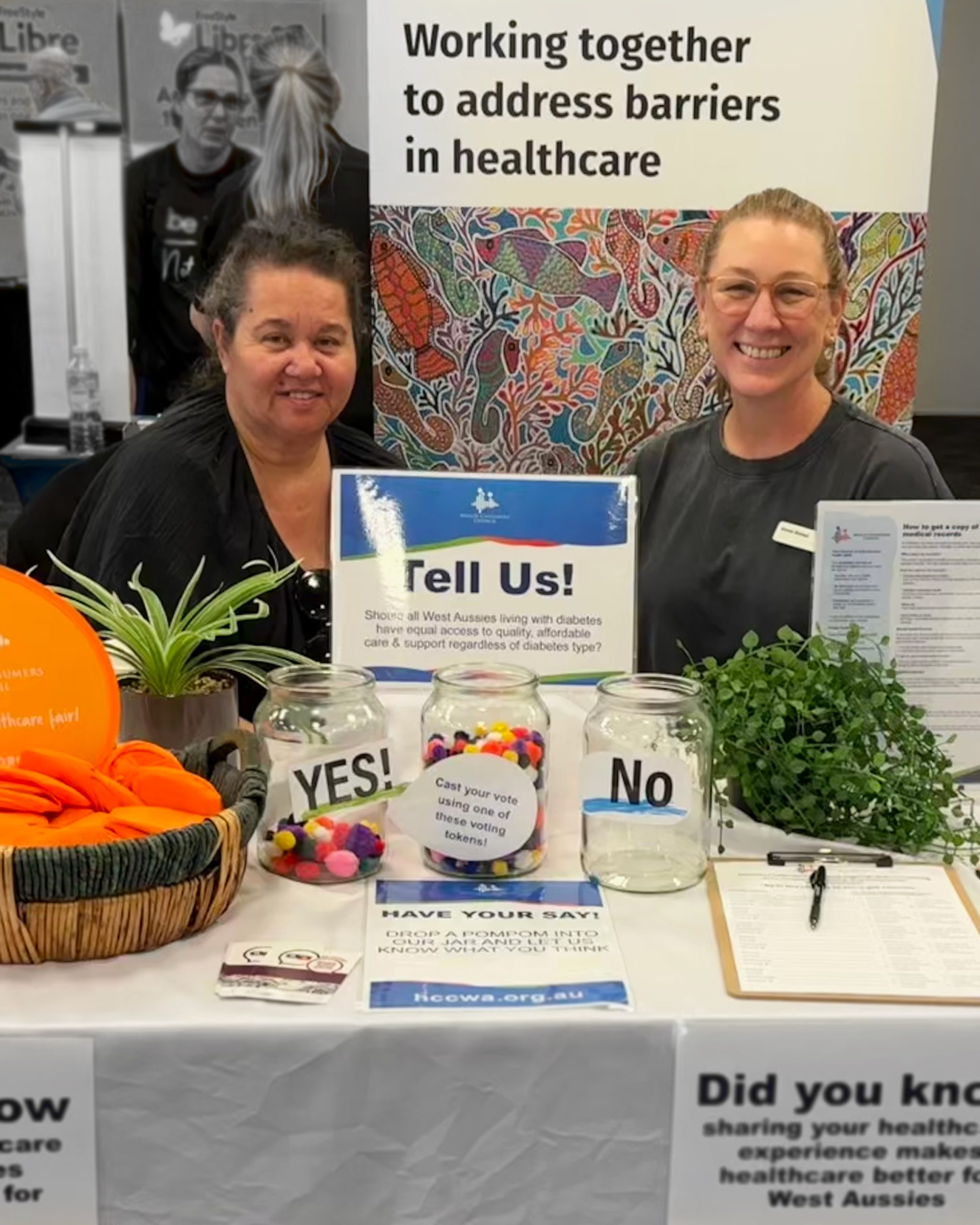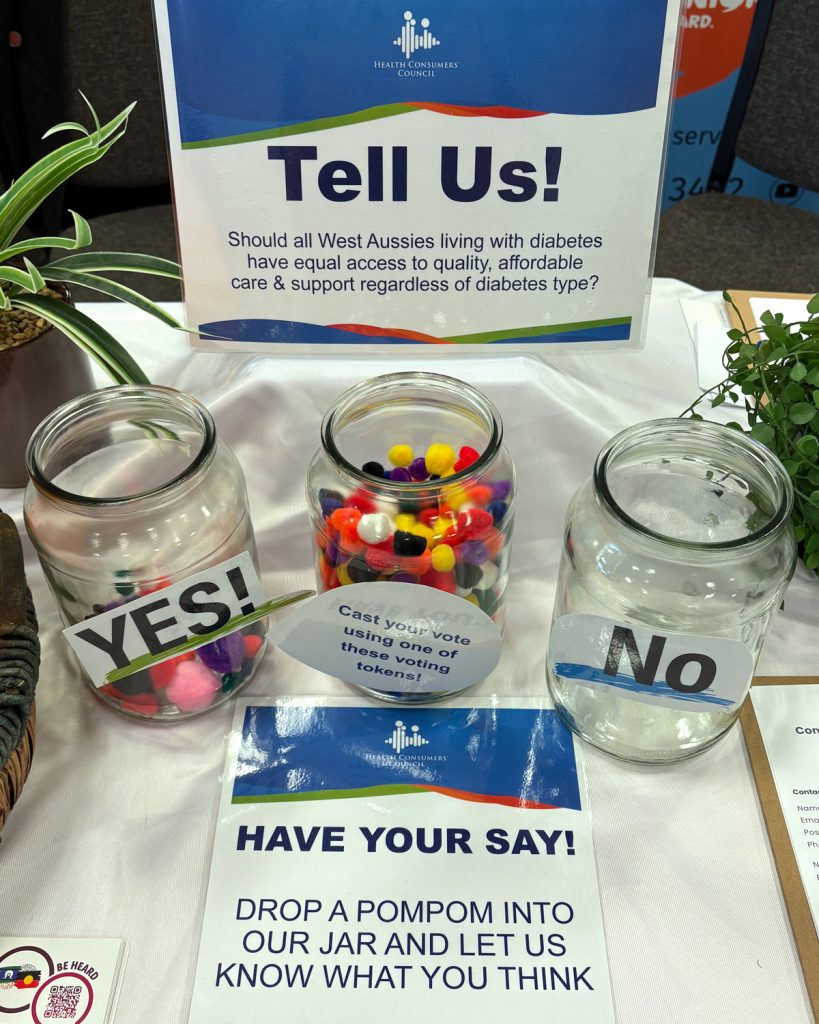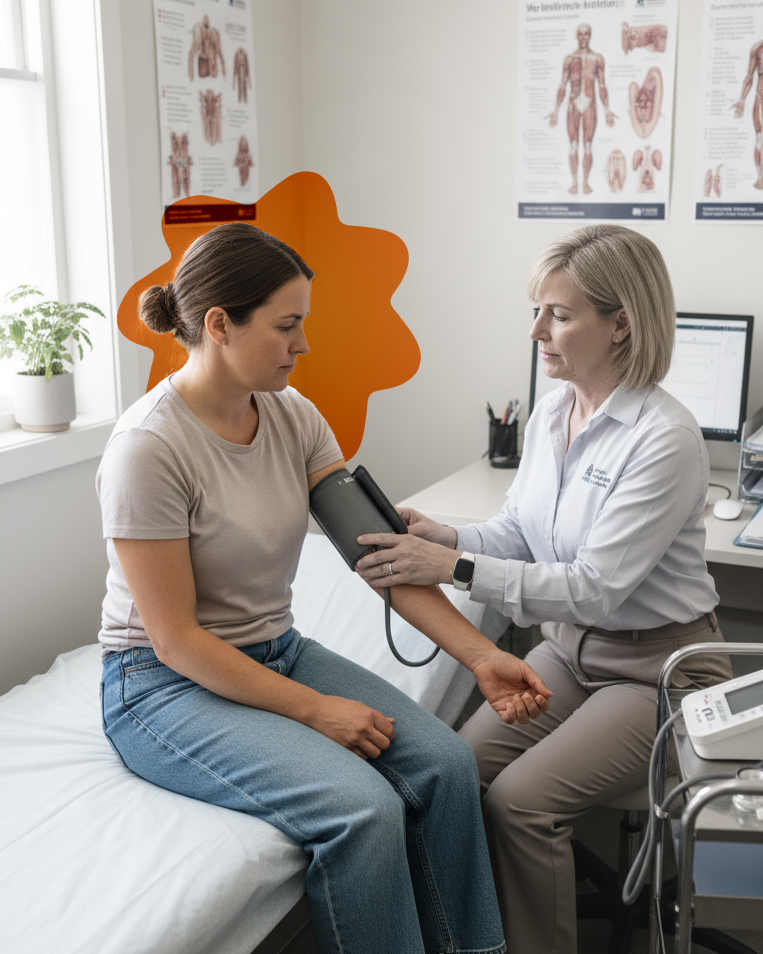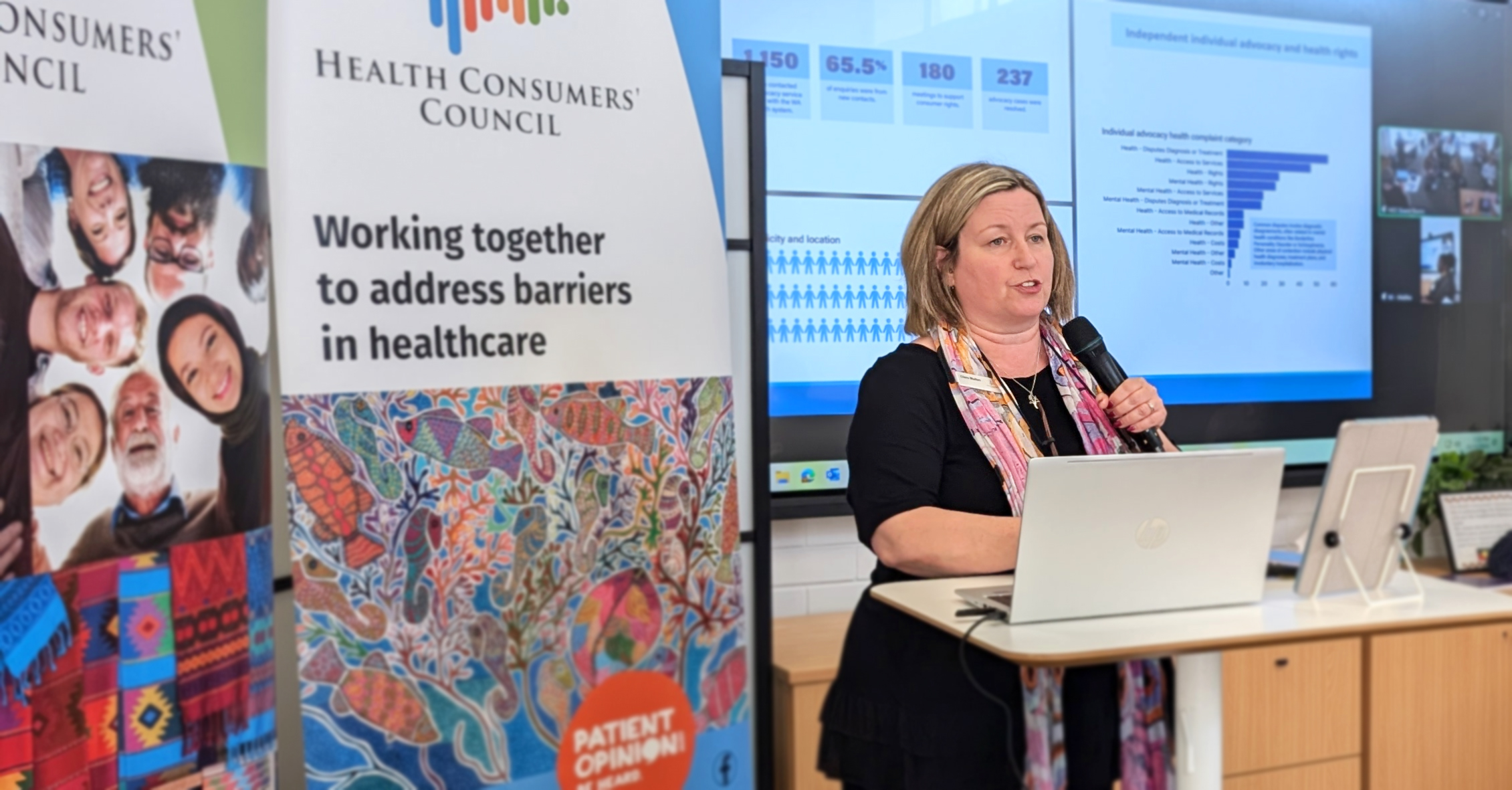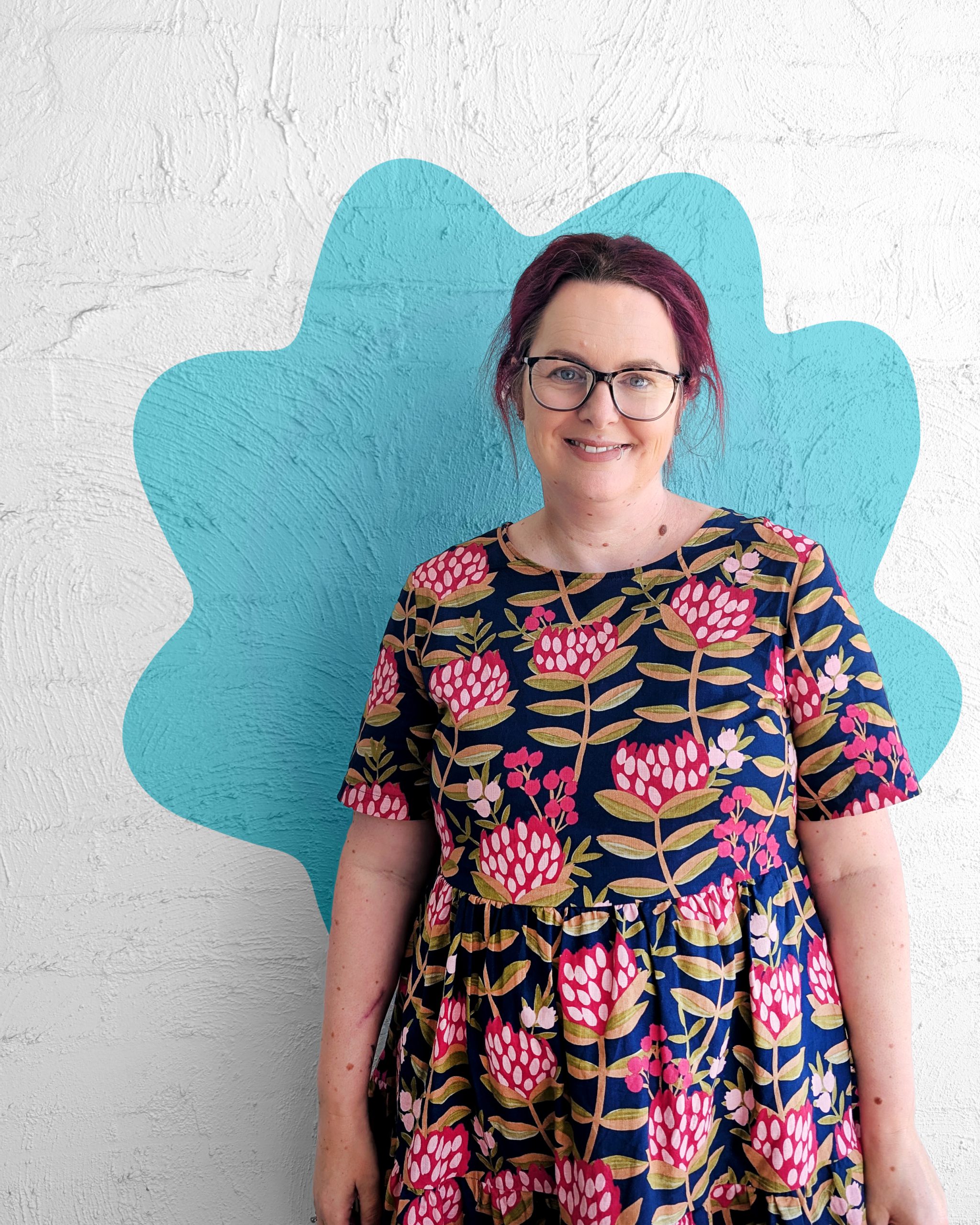WA is the first state to have a Minister for Preventative Health, the Hon Sabine Winton. Late last year, Health Consumers’ Council WA was invited to be part of a number of roundtables gathering input to inform the development of WA’s first preventative health strategy.
There were six roundable discussions and HCCWA were invited to attend four:
- Mental health and wellbeing in the early years
- Immunisation
- Health promotion
- Cancer screening and genomics
The other two were:
- Sexual health
- How government departments work together on this agenda
A number of other consumer and community organisations attended some of the sessions including Alcohol and Other Drug Consumer and Community Coalition, WA Association for Mental Health and Aboriginal Health Council WA.
HCCWA’s input to these discussions was based on the deep and broad understanding of health consumer interests which comes from our daily interactions with patients, families and carers, people with lived experience and community members. In general our input was:
- It’s critical to address the social determinants of health – particularly poverty.
- A focus on the first 1,000 days and healthy families is essential – we highlighted the need to have a concerted focus on preventing and addressing early childhood trauma
- A lot of prevention takes place outside the “health system”; Government needs to be joined up in its approach, and move to being more community-centred, and less
“service-centred” - There is a need to invest in more community-driven/community-led health promotion activities at a grassroots level
- Unsurprisingly we called for much more involvement of a wide range of consumers, carers, families and people with lived experience in all scoping, planning, delivery and evaluation of all preventative health initiatives
- Targeted work should be done to include the voices of people who may not engage in traditional “consultations”, including people experiencing homelessness, people with intellectual disability, and people where English is not their first language
- The value of peer-led approaches across all areas of health and mental health – including in health promotion activities within and outside clinical settings.
The Minister sat in the room for the duration of each session and I had a clear sense she’d listened deeply and took the feedback on board. She also made reference to a public facing consultation process – we’ve flagged with her office that we’d like to work with them to ensure wide and deep engagement.
We’ll circulate more information about the public consultation when we get it.
Clare Mullen, Executive Director





